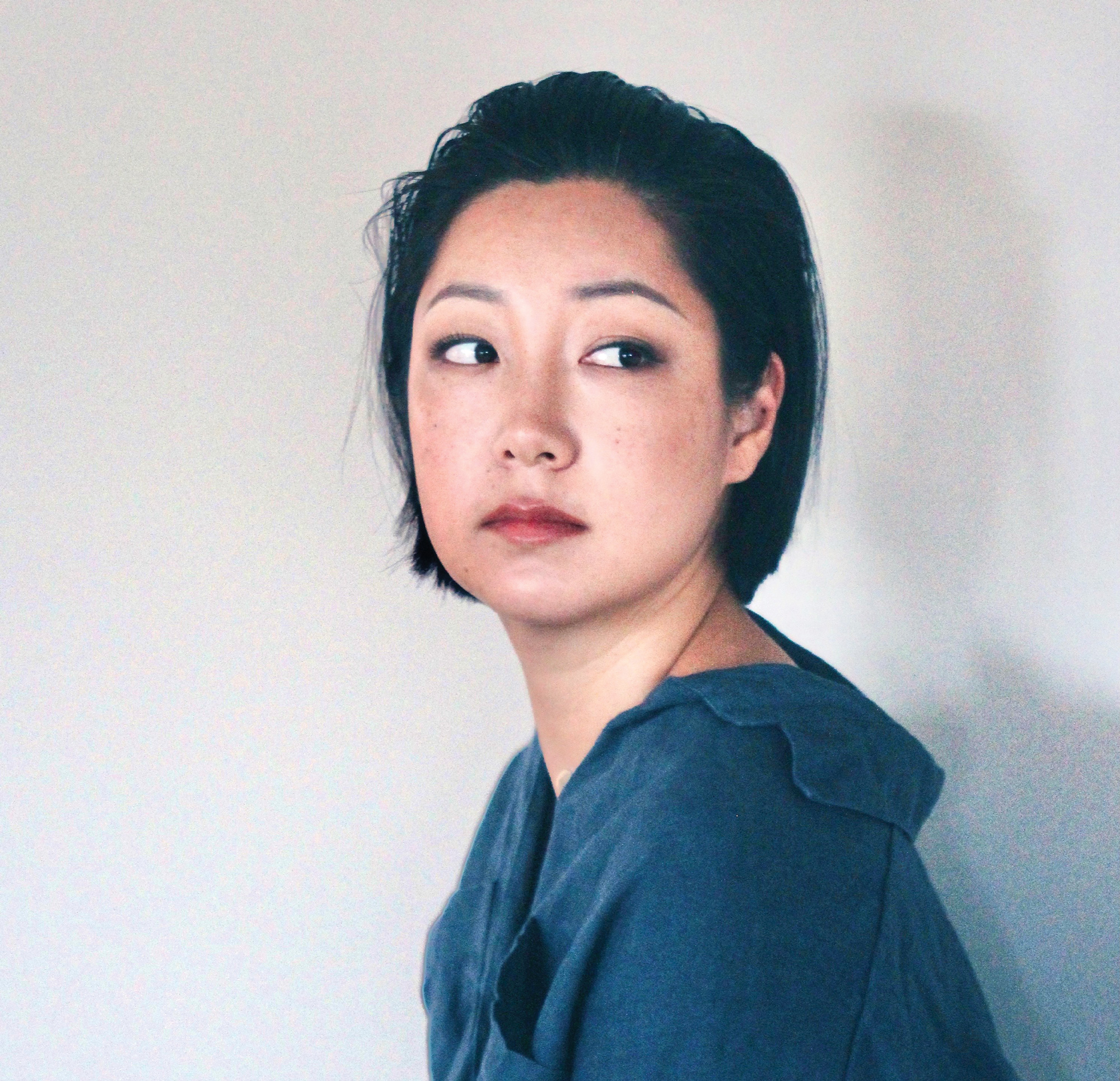
Bending genres, breaking rules Bending genres, breaking rules Bending genres, breaking rules
E.J. Koh’s debut novel affirms her place among powerful American storytellers.
By Shin Yu Pai | Photo courtesy E.J. Koh | March 2024
E.J. Koh spent last November launching “The Liberators,” her debut novel. The tale, which centers on generations of a South Korean family, is getting glowing reviews and has drawn attention from the likes of the Los Angeles Times, NPR and PBS. Published in the wake of her completing a Ph.D. and winning a coveted National Endowment for the Arts fellowship, the book is yet another sign of Koh’s rising literary star.
When she arrived in Seattle from New York in 2013, Koh knew she wanted to settle in for a while. She had made the move to reunite with her parents, who had relocated from South Korea, but she was also drawn to study at the UW.
When she joined the UW community in 2017, she had already completed an MFA at Columbia University and published an award-winning collection of poetry. The UW’s Ph.D. program in English would offer an environment where she could do rigorous research and express her scholarship and storytelling in creative ways.
Koh worked with Professor Shawn Wong, who is considered a godfather of Asian American literature for his work as a writer, editor, publisher and literary activist. Wong encouraged Koh to explore a hybrid approach to her dissertation—engaging her creative intellect and multiple talents. Her final body of work included a dazzling range of translation, memoir, poetry, photography and visual art.
“She’s amazing,” Wong says of his student. “She turned in her dissertation, ‘American Han,’ and a week later sent me a draft of her novel to read, making all of us feel like we’re the laziest writers in the world.”
“In my 39 years here at the UW, I’ve never encountered a Ph.D. student like E.J., or, for that matter, any student like her.”
Professor Shawn Wong
Though he supervised Koh’s dissertation, Wong says he doesn’t consider himself her teacher. “I was learning the theoretical territory along with her,” he says. “I was certainly not leading. Rather, I asked a lot of questions, and I think those questions helped both of us shape her novel and dissertation.”
Impressed by Koh’s genre-bending work, Wong nominated her for a Graduate Medal in the Humanities from the College of Arts & Sciences. “This is new research and completely original scholarly territory,” he wrote.
During her time as a UW graduate student, Koh published a critically acclaimed memoir, completed her novel and worked as a writer adapting the best-selling novel by Min Jin Lee, “Pachinko,” for an Apple TV+ series. “These works, combined with her dissertation, demonstrate a writer, artist and scholar able to work across genres and connect with readers on so many levels,” says Wong. “In my 39 years here at the UW, I’ve never encountered a Ph.D. student like E.J., or, for that matter, any student like her.”
Koh also worked closely with professors Brian Reed, Jang Wook Huh and Leilani Nishime. Reed helped Koh recognize the connection between her creative work and the rich canon of Korean American and Asian American literature that came before. “This is part of academia that I want more creative writers to embrace,” says Koh. “To understand that we come from a lineage, where all of our stories do something together. We are not alone.” Koh’s ability to discuss Asian American literature and trace a direct connection to her own creative production allows her to raise new questions and perspectives on racial grief as it illuminates the complexity of human experience. She can move beyond the simplistic narratives of survival and hope.
The idea for “The Liberators,” a multigenerational family saga of memory, trauma and empathy, came while she researched her nonfiction memoir, “The Magical Language of Others.” That collection of personal essays and translations looks, in part, at the history of the Jeju Island Massacre as it connected with the more personal history of Koh’s family. This background research also converged with study that she was doing to prepare for work on the TV series. “The Liberators” came out of ideas sparked by “Pachinko,” things that she hadn’t gotten to write about.
Koh says her dissertation and research were efforts that she would have been making anyway to write her novel. “The novel wrote itself in a way,” she explains. “Every time I worked on a chapter or found a dozen books to add to my reading list, it only furthered another idea, chapter, character. They weren’t in opposition. They were tightly wound together.”
Koh once thought that the different genres—like poetry, translation or memoir—were separate rooms that she entered and left. Now she sees less and less of a separation. “When I was working on the novel, there was never a time when I read so many poetry books and poems. That really helped me come around to the language and the way that I wanted to write the novel,” she says. Likewise, when Koh worked on her memoir, she read mainly fiction. It allowed her to imagine the histories that she wanted to talk about.
While “The Liberators” was just released last fall, Koh is already focused on her next book—a hybrid collection to keep pushing the boundaries of genre.
She also continues hand-writing love letters to strangers who send her emails, a project she started in 2016. She plans to write 1,000 letters and has completed 600 so far. Anyone who would like to receive a letter can find more information on her website at www.ejkoh.com.